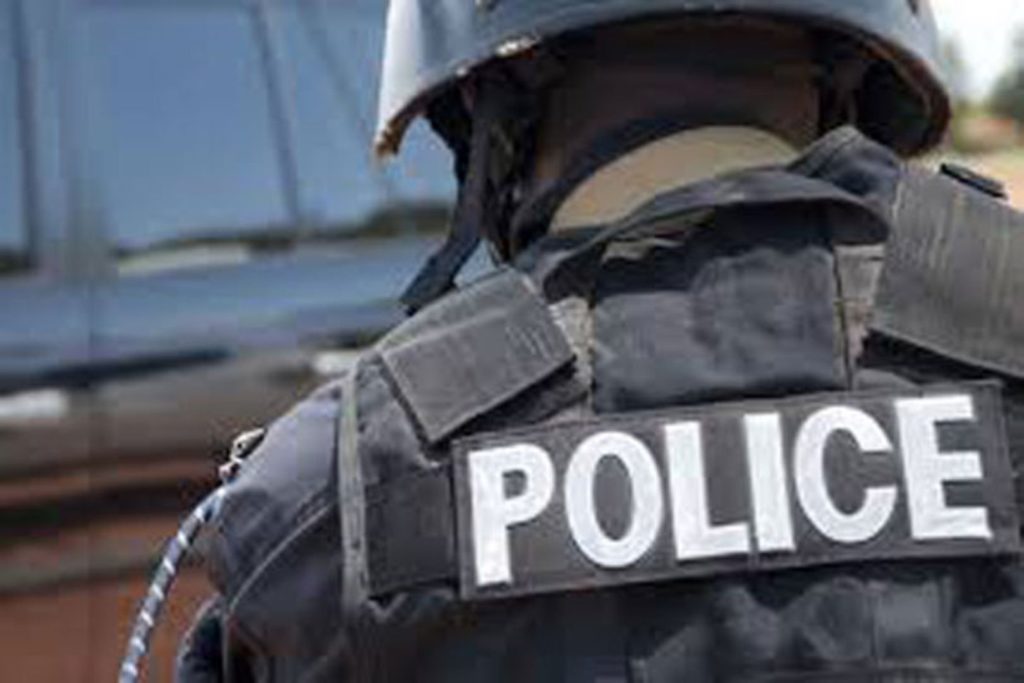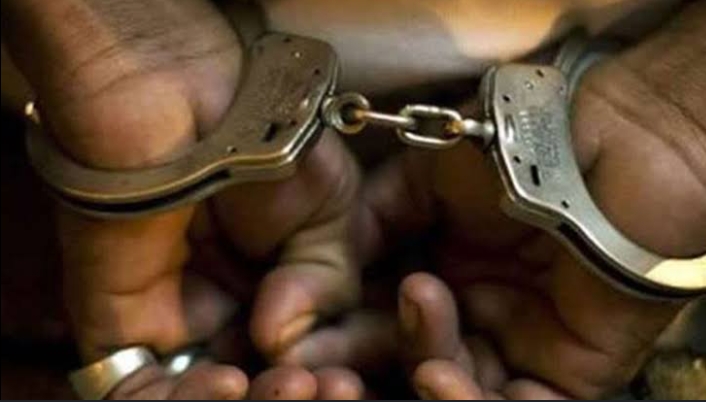5% of Ugandans expect emergency support from police – Survey

A recent survey report by Twaweza, a Non-Government Organization (NGO) indicates that only 5% of Ugandans expect to receive medical emergence support from the police.
The findings released in a study titled “Responding to emergencies: Ugandan citizens’ experiences and opinions on emergency situations and services” are based on data from Sauti za Wananchi, Africa’s first nationally representative high-frequency mobile phone survey.
They are based on data collected from 3,000 respondents across Uganda between September and October 2021.
These indicate that a small number of Ugandans expect to receive medical support at the scene by calling general emergency response services.
“A small number of Ugandans expect to receive support at the scene by calling emergency response services (8% would do so) or the police (5%). Women are more likely to look for support from people nearby (43% would do this while 35% would go to hospital), and men are more likely to seek help from a hospital (43% would go to hospital while 35% would seek help from bystanders),” the report reads in part.
“Interestingly, in Eastern region, people seem to have little faith in the people around them: 1 out of 4 (28%) would seek their help while 55% would go directly to hospital – higher than in any other region,” the survey adds.
Violet Alinda, the country lead for Uganda at Twaweza says they also discovered that poorer and less educated Ugandans are receiving worse emergency medical services.
The findings come at a time the Ministry of Health is rolling out protocols and guidelines under the National Emergency Medical Services Policy.








